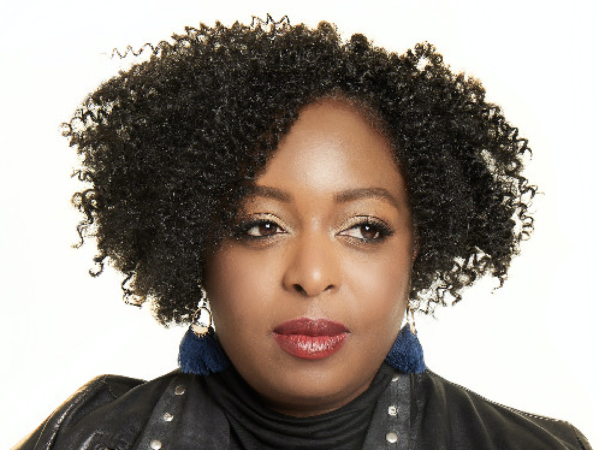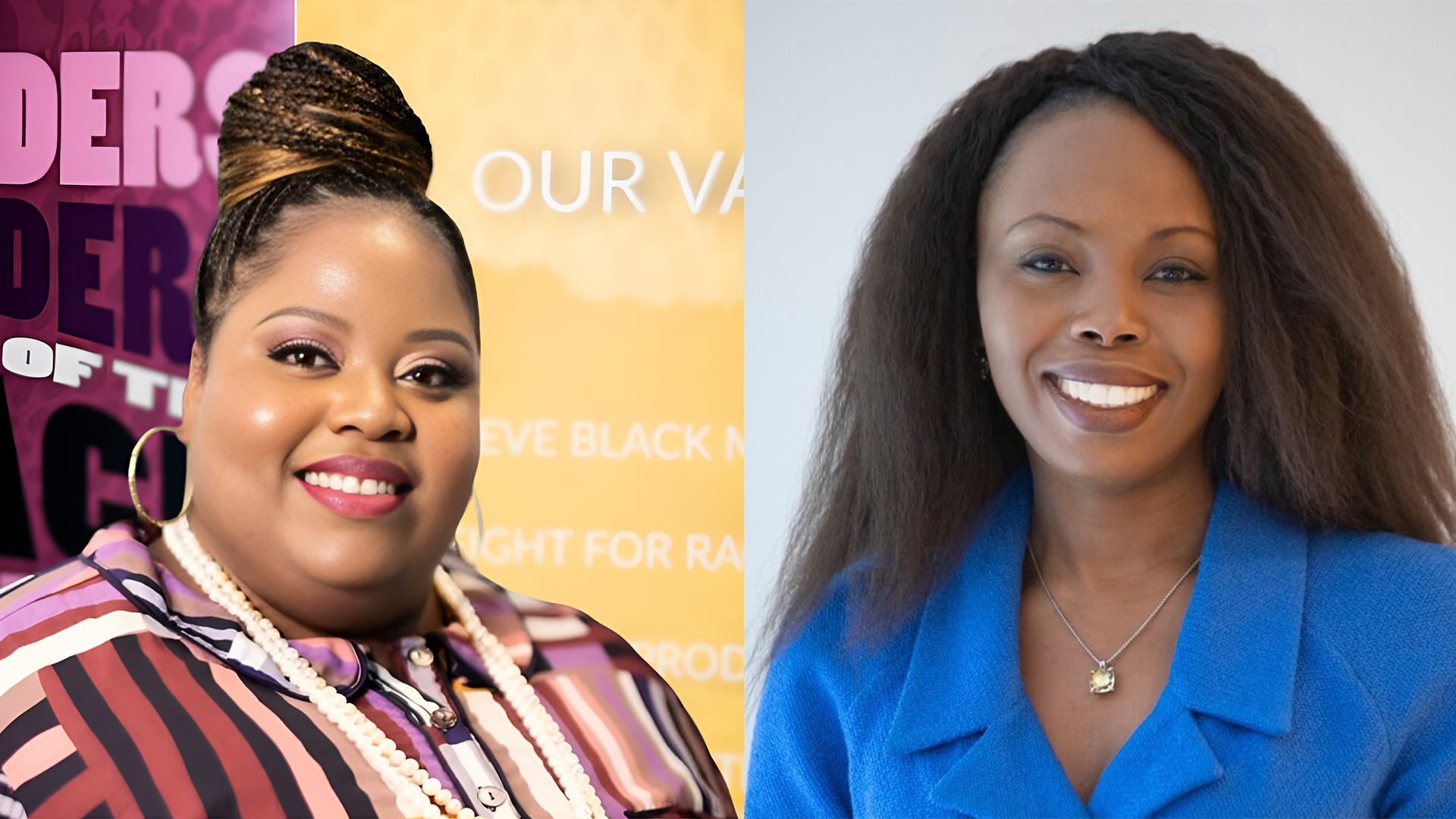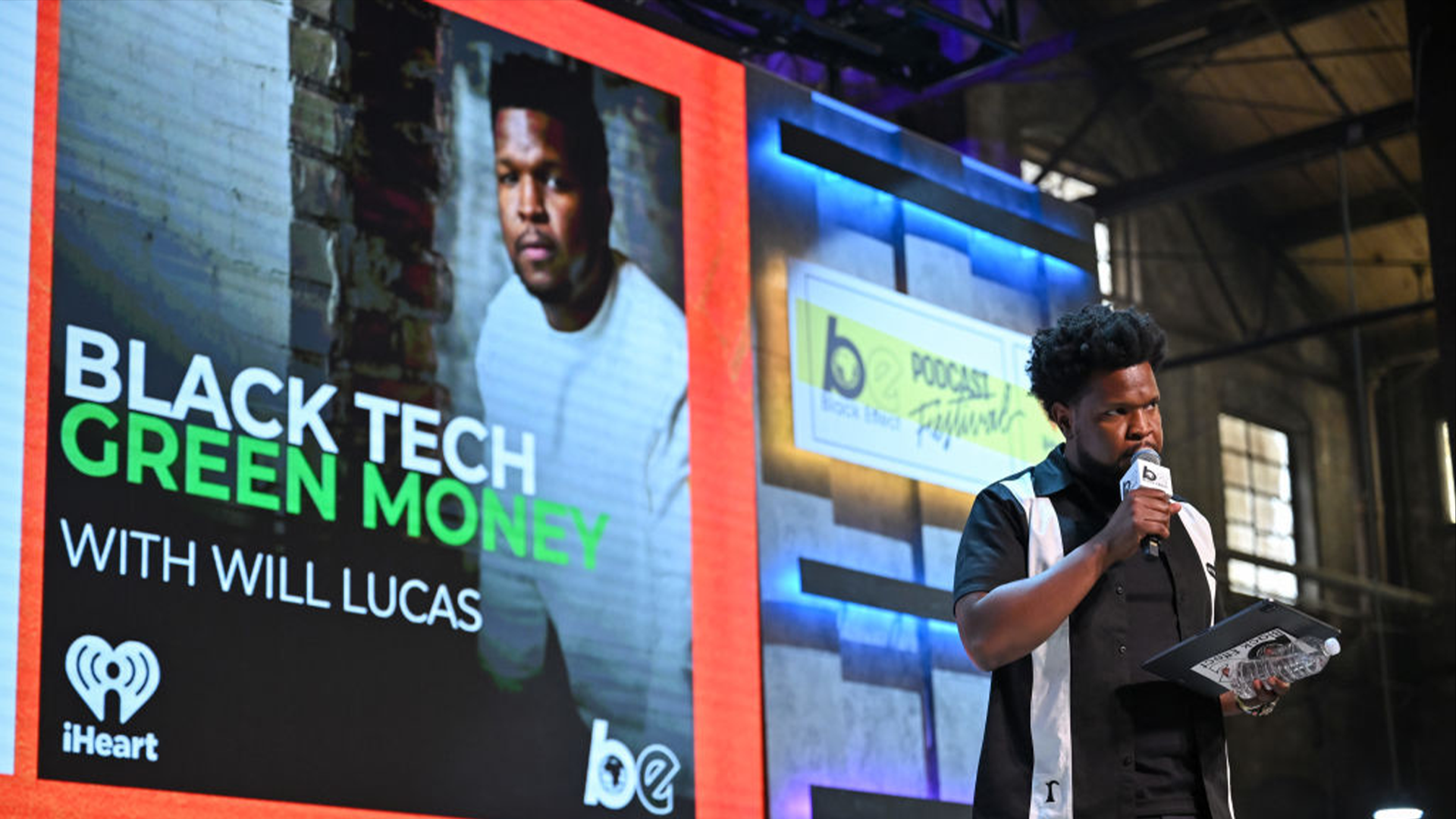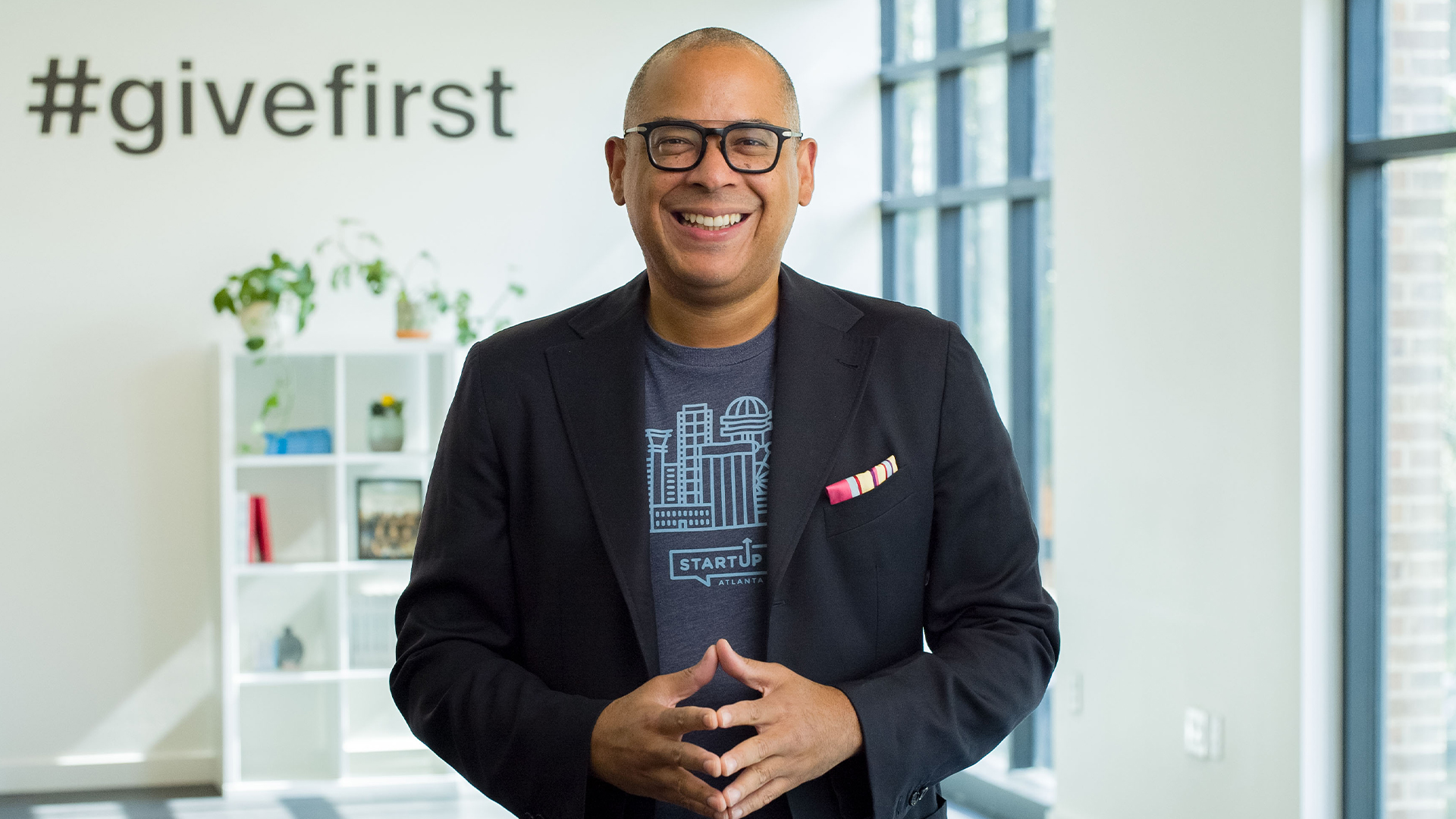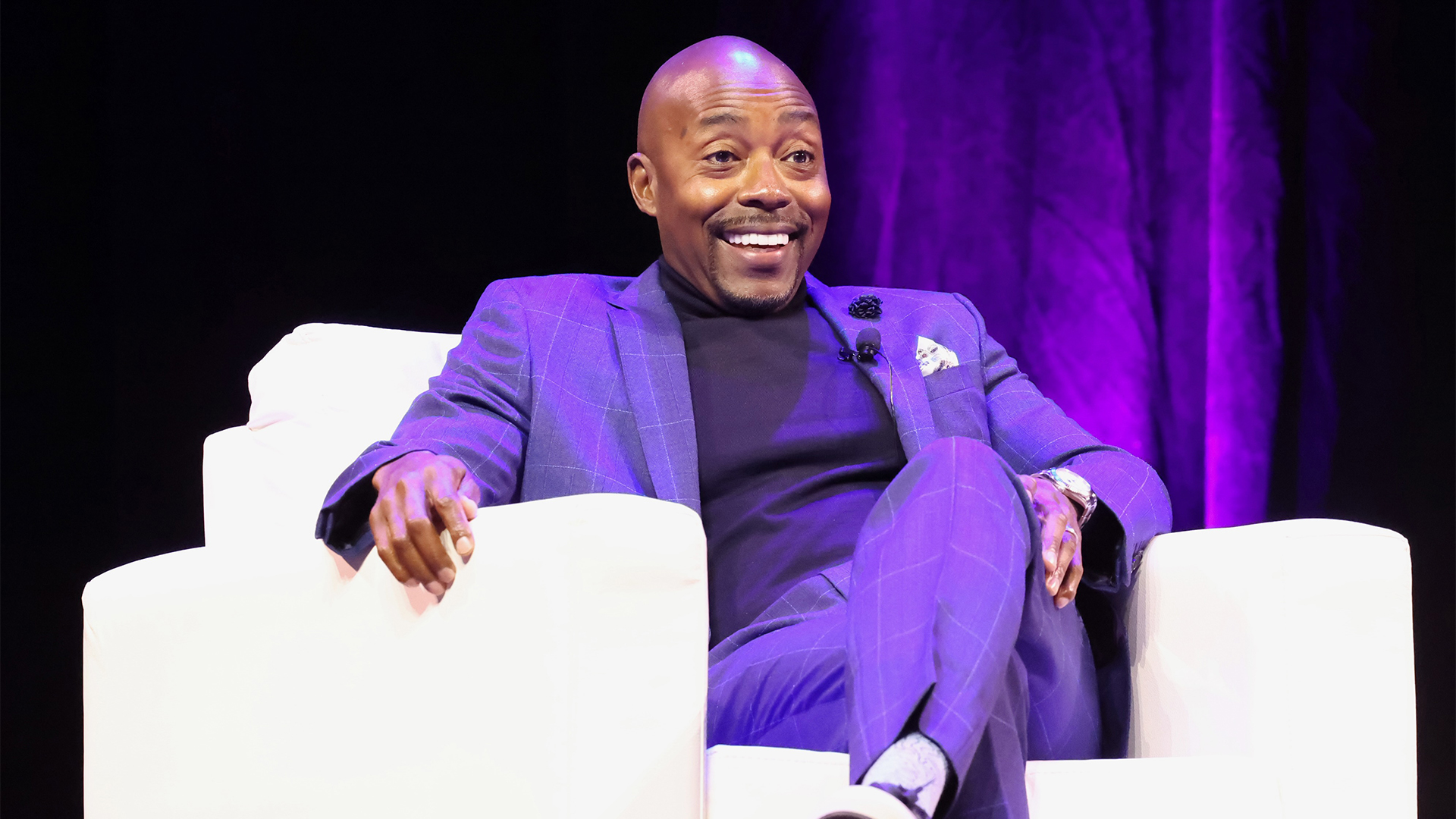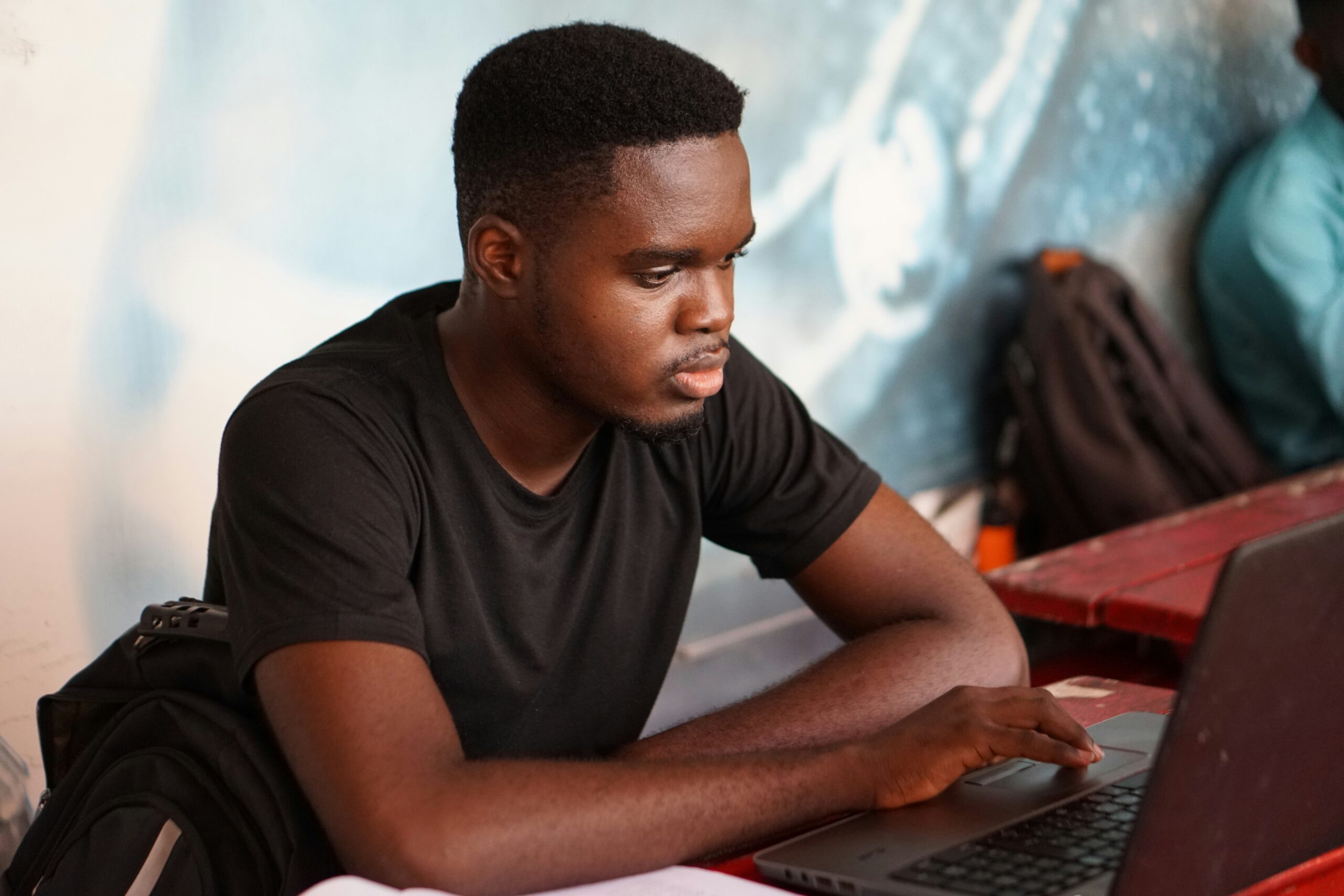Black Girls CODE founder Kimberly Bryant started her ambitious organization as a basement experiment and quickly transformed it into a global movement to usher more Black women into the tech space.
According to Capitol Technology University, Bryant garnered an interest in math and science as a young girl — fields that are known to be dominated by Asian and white men. Her organization’s website also shared that she often felt culturally isolated as she sometimes found herself to be the only Black woman or Black person among her college classmates.
Despite this, she maintained her interests and followed a career path that would merge her passion with a grand mission to change the face of tech.
NBC News reported that throughout her biotech engineering career and journey climbing the ranks at companies like DuPont, Phillip Morris and Genentech, Bryant longed to see a more inclusive world for her daughter Kai.
“My daughter was about to go to middle school and was interested in tech and video gaming and gaming in general,” she said in an interview with Know Your Value. “I found that there wasn’t a strong program that would focus on girls of color and getting them prepared in the skills they’d need to move into this career field.”
Facts backed up Bryant’s thoughts as a study conducted by the Kapor Center reported that Black women make up less than 0.5 percent of leadership roles in tech — a troubling statistic that helped motivate her to create the change she wanted to see.
According to NBC News, Bryant then rallied her colleagues at Genentech to help create a six-week coding curriculum for girls of color back in 2011. The first educational series was held in a basement of a college prep institution in San Francisco, which Bryant was able to access for free.
What started then as a class of 12 young girls turned into a global non-profit organization with 15 chapters in just a few short years. Today, Black Girls CODE is recognized as a staple in the Black tech community.
The organization has fearlessly made strides to prove to the world that Black girls can in fact code and belong in the tech industry.
“That, really, is the Black Girls Code mission: to introduce programming and technology to a new generation of coders, coders who will become builders of technological innovation and of their own futures,” Bryant shared on Black Girls CODE’s website.
According to a 2019 interview with NBC News, Bryant shared that Black Girls CODE’s most mature chapters have boasted roughly 1,000 students a year. While the organization continues to prioritize diversity and inclusion, she hopes tech companies will also recognize these skilled Black women and offer them job opportunities to further diversify the industry.
Black Girls CODE’s ultimate goals are to increase the number of women of color in the digital space, expose young Black girls to the fields of computer science and technology, and also train one million Black girls on how to code by 2040.
For more information about Black Girls CODE, visit its website.
